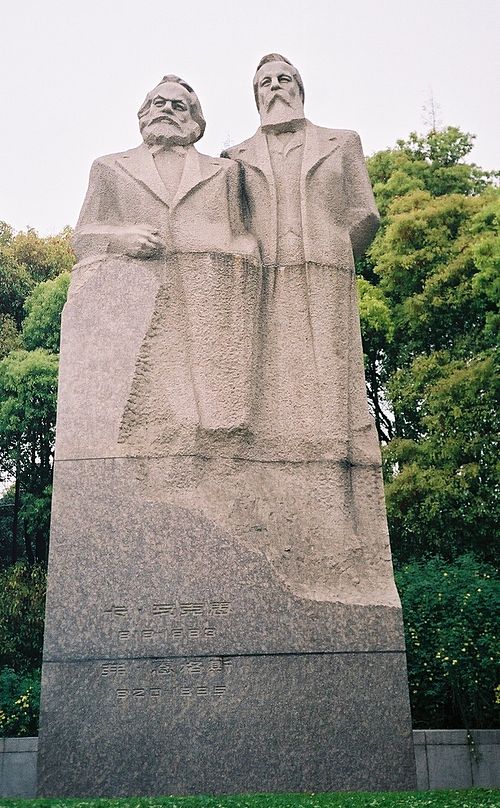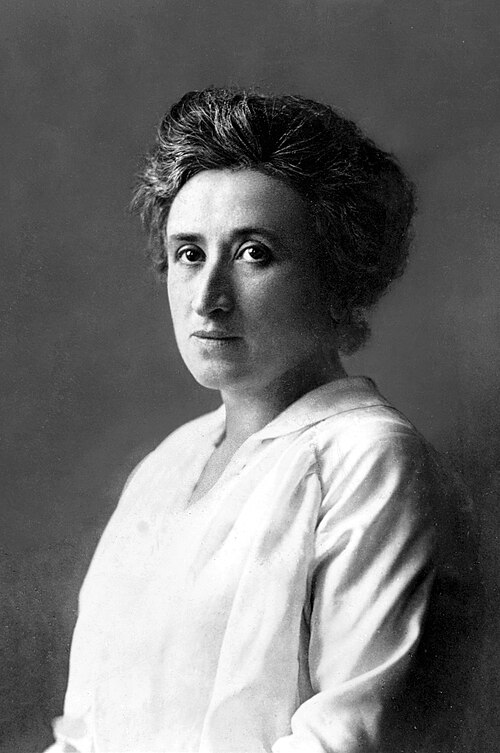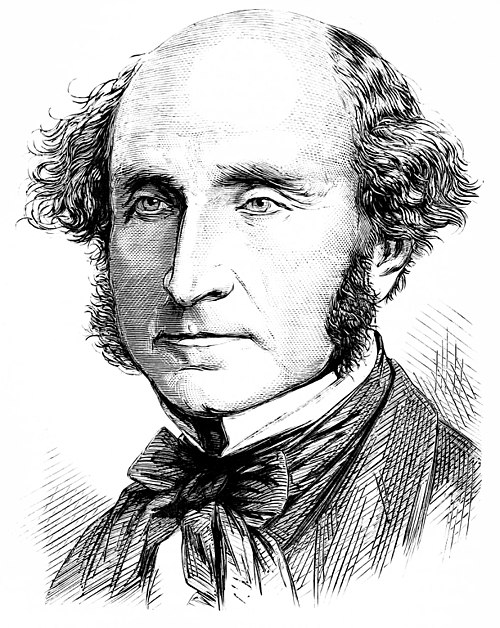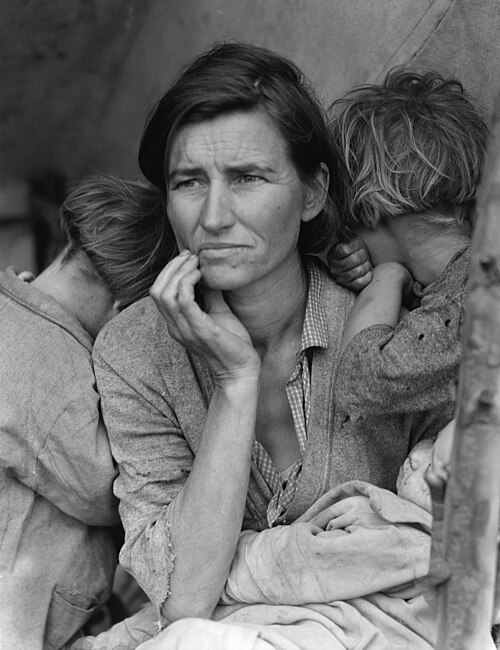Communismnoun
Any political ideology or philosophy advocating holding the production of resources collectively.
Communismnoun
Any political social system that implements a communist political philosophy.
Communismnoun
The international socialist society where classes, money, and the state no longer exist.
Communismnoun
A scheme of equalizing the social conditions of life; specifically, a scheme which contemplates the abolition of inequalities in the possession of property, as by distributing all wealth equally to all, or by holding all wealth in common for the equal use and advantage of all.
Communismnoun
a form of socialism that abolishes private ownership
Communismnoun
a political theory favoring collectivism in a classless society
Communism
Communism (from Latin communis, 'common, universal') is a philosophical, social, political, and economic ideology and movement whose ultimate goal is the establishment of a communist society, namely a socioeconomic order structured upon the ideas of common ownership of the means of production and the absence of social classes, money, and, in some cases, the state. As such, communism is a specific form of socialism.
Liberalismnoun
The quality of being liberal.
Liberalismnoun
(politics) Any political movement founded on the autonomy and personal freedom of the individual, progress and reform, and government by law with the consent of the governed.
Liberalismnoun
(economics) An economic ideology in favour of laissez faire and the free market (related to economic liberalism).
Liberalismnoun
Liberal principles; the principles and methods of the liberals in politics or religion; specifically, the principles of the Liberal party.
Liberalismnoun
a political orientation that favors progress and reform
Liberalismnoun
an economic theory advocating free competition and a self-regulating market and the gold standard
Liberalism
Liberalism is a political and moral philosophy based on liberty, consent of the governed and equality before the law. Liberals espouse a wide array of views depending on their understanding of these principles, but they generally support individual rights (including civil rights and human rights), democracy, secularism, freedom of speech, freedom of the press, freedom of religion and a market economy.

























